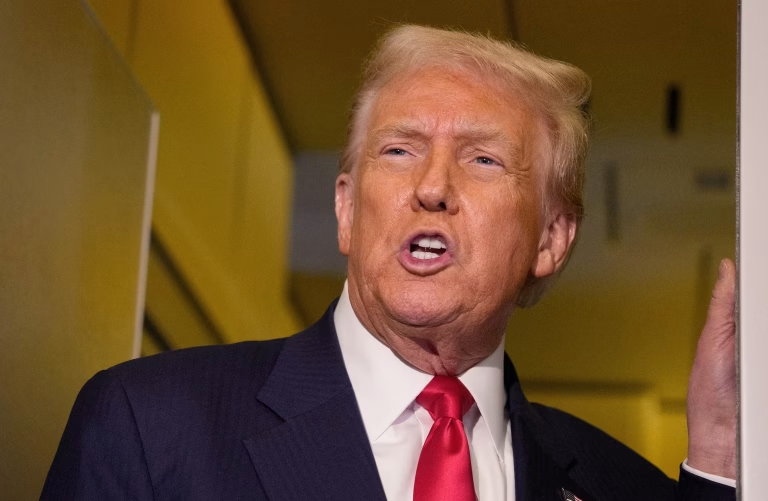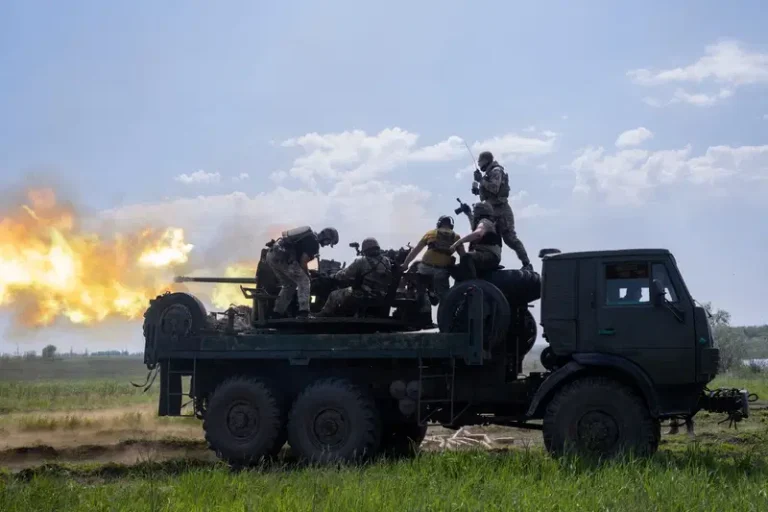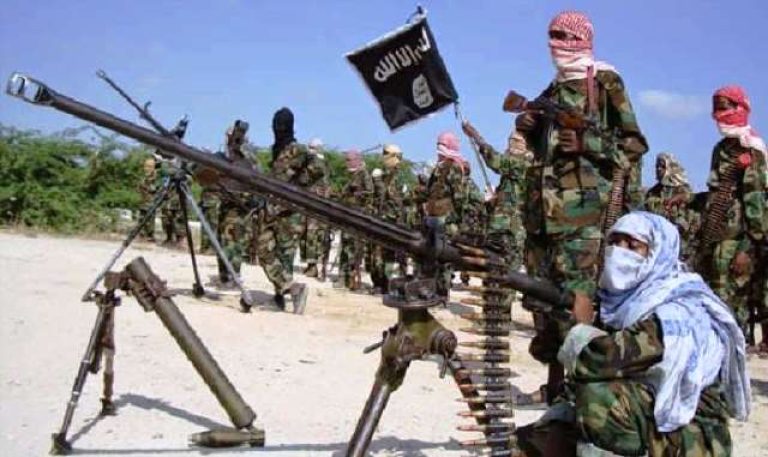
On September 20th, 11,000 soldiers and police officers stormed the notoriously violent Tocorón prison in Venezuela.
What they found inside is notorious: a nightclub, illegal drug shops, swimming pools, a professional baseball pitch, children’s playgrounds and a zoo, with monkeys and flamingos.
They also discovered that hundreds of inmates’ children and other family members were residing there.
Héctor Guerrero, also known as El Nio Guerrero, is rumoured to be the leader of Venezuela’s largest criminal organisation, the homegrown Tren de Aragua, but he was not located by the authorities.
This group has profited from the exodus of Venezuelan migrants travelling to South America, according to Jeremy McDermott, co-founder of InSight Crime, a think tank that researches organised crime in the Americas.
Following the exodus of more than 7 million Venezuelans who have fled their country, “Tren de Aragua” is one of the few groups in Latin America to go transnational through human smuggling rather than the drug trade, as he explained.
McDermott claims that Nio Guerrero’s cartel profits from more than just drug trafficking. In addition to these activities, they also take part in kidnappings, drug deals, contract killings, sex trafficking, and exploitation of the vulnerable.
According to Venezuelan prison watchdog group leader Humberto Prado, Guerrero was also the prison kingpin thanks to the collusion of prison authorities.
He asserted that Venezuelan prisons are run by their own self-governing governments.
He explained that the criminal element in Venezuela is now in charge of maintaining the prisons. The inmates run everything from health care to kitchen operations.
He continued, “Those inmates who don’t pay taxes to the most powerful criminals are subject to death.”
“The authorities have known about it for years, but they’ve chosen to ignore it,” Prado said.
He also speculated that the timing of the security operation was chosen by the Venezuelan government in an effort to mend fences with its neighbours in the region.
Public demands have been made by Colombia, Peru, and Chile for the closure of this prison.
McDermott from InSight Crime added a potential additional reason: “Venezuela is gearing up for a presidential campaign, elections are next year. And I believe [President Nicolás Maduro] is attempting to bolster his reputation by demonstrating that he is a force to be reckoned with in the fight against crime on a global scale.
He added that this is all part of a plan to purge his government of its “dark side.”
A United Nations report detailing serious human rights abuses committed by Maduro’s authoritarian regime in recent years was released on the same day that the prison was dismantled.
Several days before the prison was shut down, weapons, money, and people were moved out of the prison through underground tunnels, leading McDermott to conclude that the Venezuelan government likely negotiated with the prison leadership.
To paraphrase, “this suggests, of course, that they had a long warning that the operation was coming and that by the time the armed forces were deployed, Nino Guerrero and much of the leadership of the Tren de Aragua was long gone.”
McDermott warned that Guerrero’s current location is unknown and potentially hazardous.
It’s possible that if these leaders enter the field, we’ll see a rise in drug operations and violence.
Governments all over South America are on the hunt for him, and the international police organisation Interpol has issued a Red Notice for his arrest.
About $132,000 has been offered as a reward by Peruvian authorities for information leading to Guerrero’s capture. The government issued a red alert, claiming that “this dangerous criminal might have entered Peruvian territory” and might be plotting crimes to maintain the “supremacy” of his extortion business there.
A judge in Chile issued an arrest warrant for Guerrero last Thursday.
“A two-year investigation allows us to confirm that Héctor Guerrero was aware of the criminal operations carried out by cells of his organisation that were operating in Chile,” said Ral Arancibia, regional prosecutor of Tarapacá, in a statement.
Said expert is able to locate the security tank. Said expert is able to locate the security tank. Said expert is able to locate the security tank. Said expert is able to locate the security tank. Said expert is able to locate the security tank.
We don’t have the infrastructure to hold a dangerous criminal like Guerrero, he said. The phrase “it’s an a risk because they could share knowledge between inmates” comes from the phrase “it’s a risk because they could share knowledge between inmates, and we could end up with self-governing prisons, and so on, like it happens in other parts of Latin America.”
In addition, Lizana emphasised the critical nature of modernising Chile’s ageing prison facilities.








thx,bro I really like your writing thanks https://life-pay.ru/